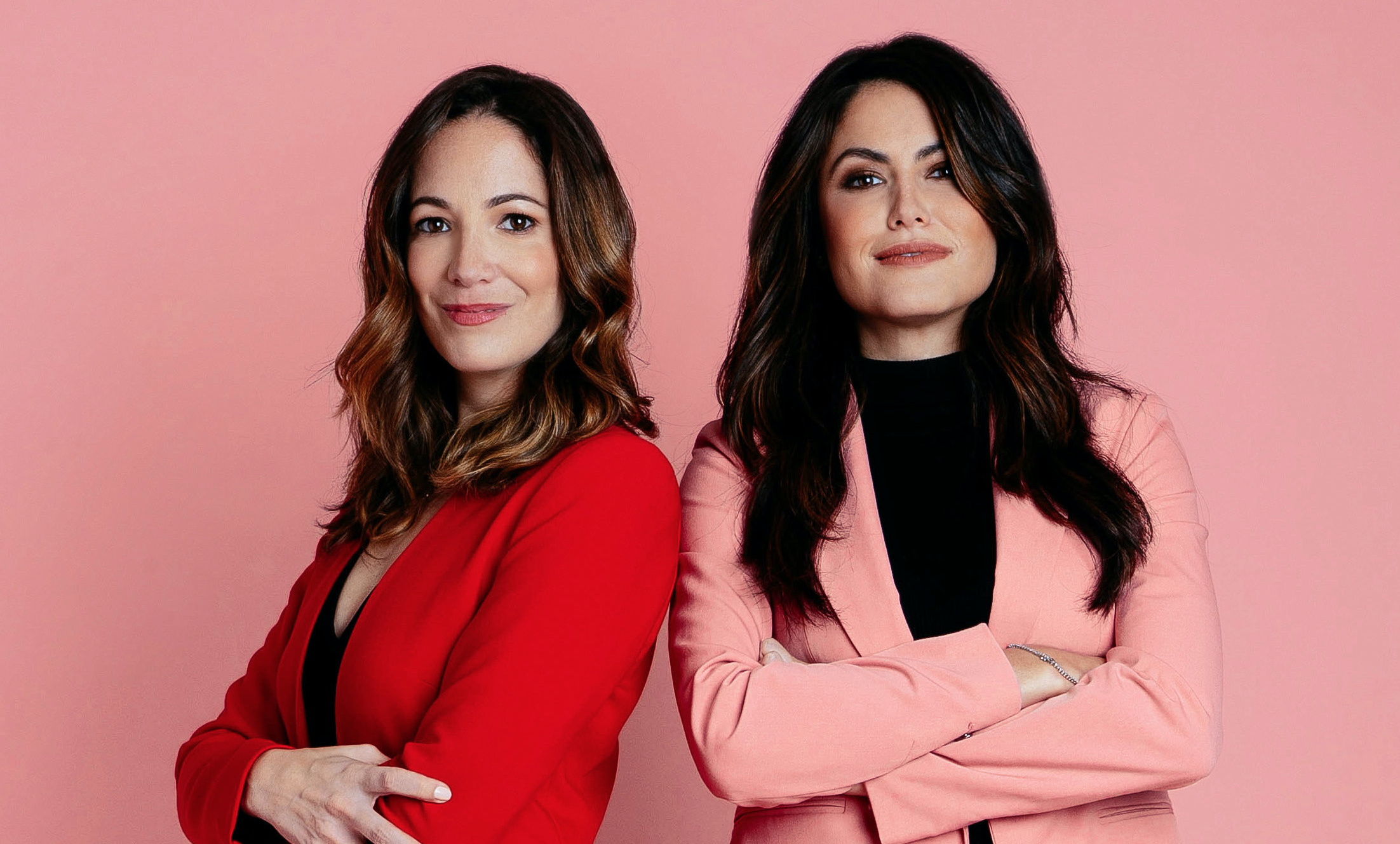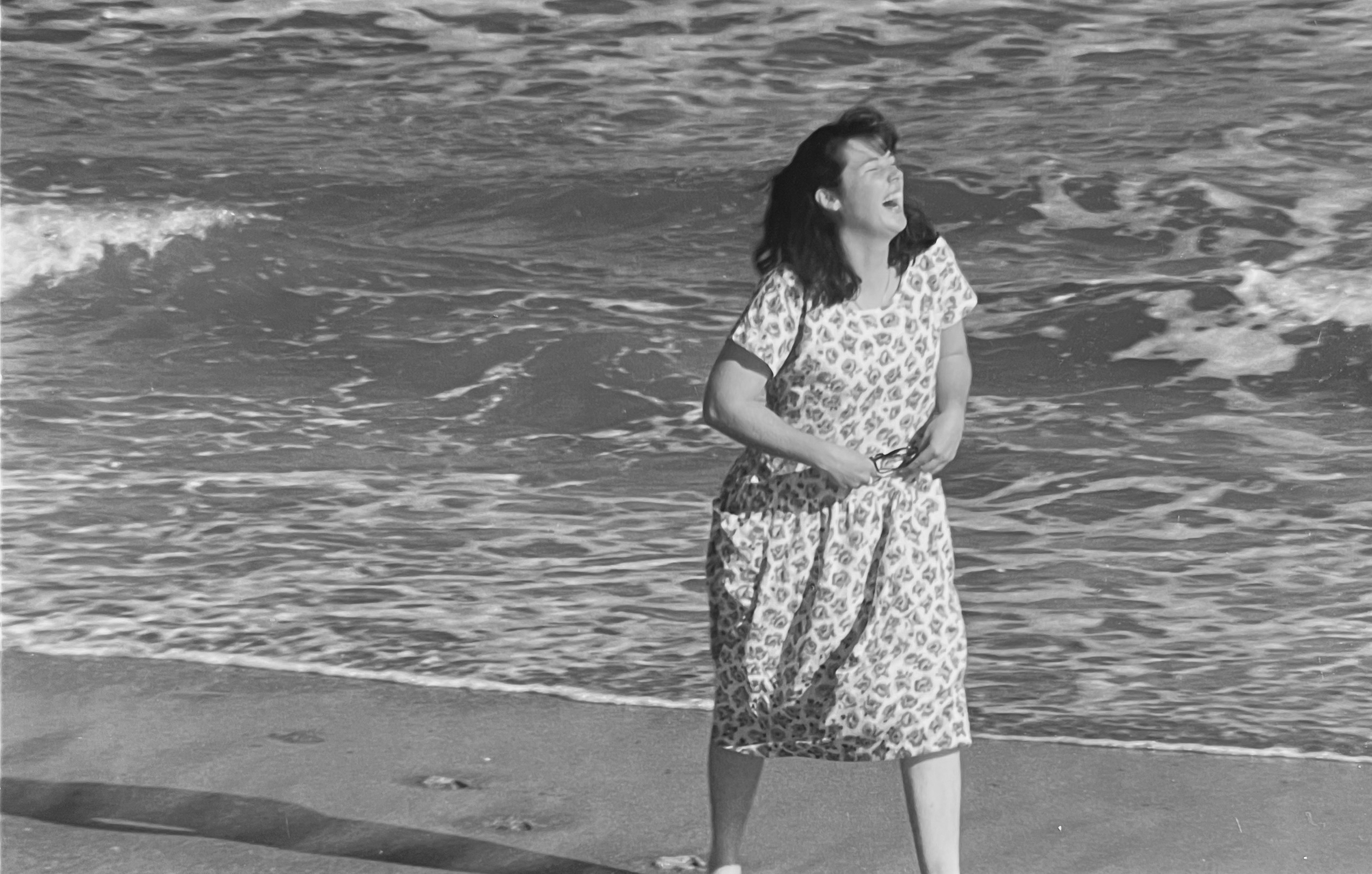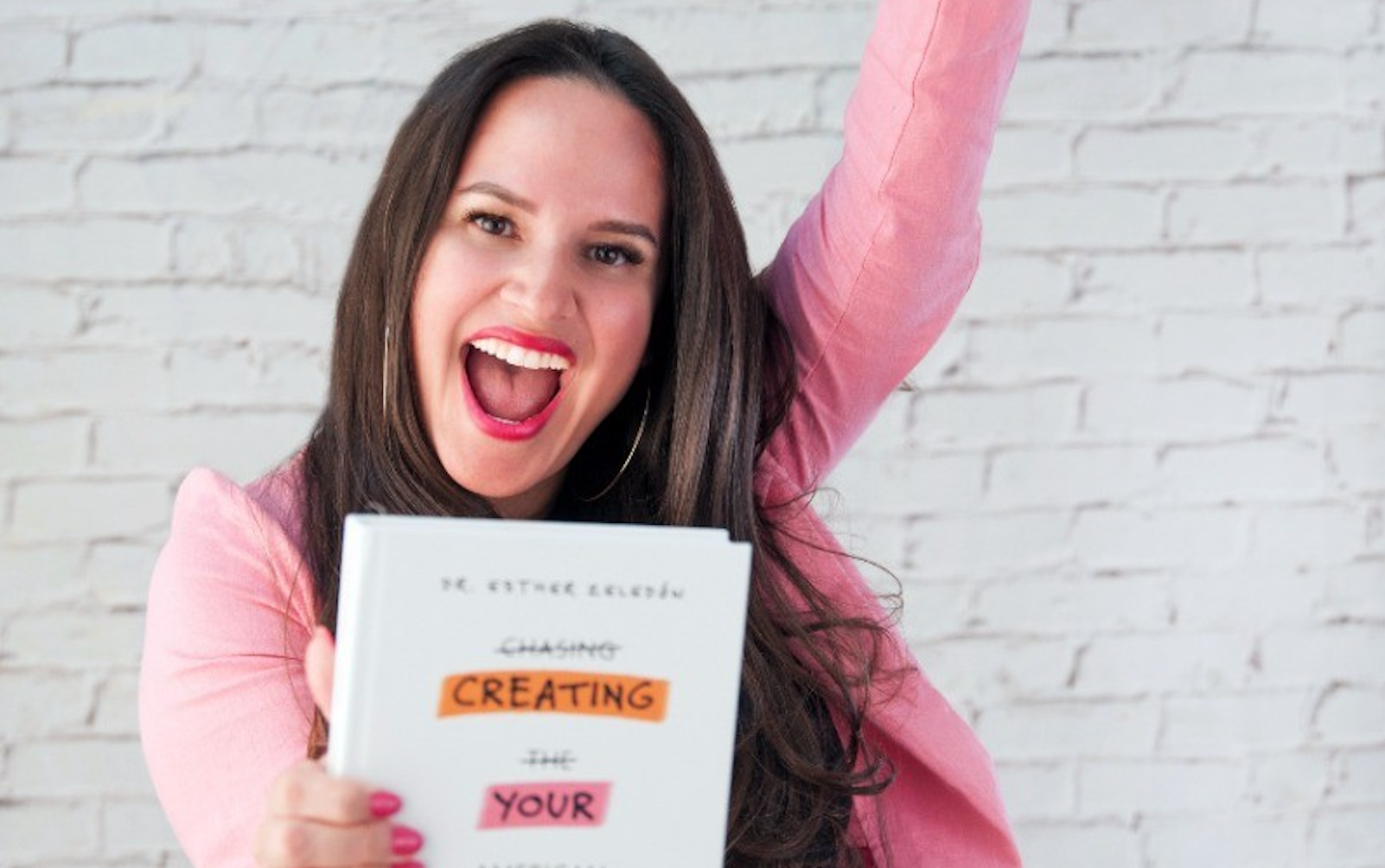
By Brielle Lee
Social media platforms like TikTok and Instagram have a huge influence on how girls view themselves by setting unattainable beauty standards, often making girls feel less than. As a teenager myself, the pressure created by these unreachable images increases as we grow, develop and try to understand the changes in ourselves, while figuring out if we fit into a specific mold that makes us feel included and accepted. This pressure has only become more intense because of COVID-19.
Confined to our rooms with our phones serving as our only form of social connection, we watched as people shared their seemingly perfect beauty routines, productive quarantine hobbies and flawless remote learning set-ups. This impossible comparison resulted in serious mental health consequences for teenage girls.
During the pandemic, young people have increasingly relied on social media for communication and entertainment. In addition to dealing with fear, isolation and uncertainty related to COVID-19, girls’ exposure to potentially harmful content has grown, impacting their mental health and self-image. As reported by the United States surgeon general, there was a 51% increase in ER visits for suicide attempts by adolescent girls in the U.S. in early 2021, in comparison to a 4% increase for boys. In a recent CDC study, 46% of high school girls reported suffering from poor mental health most of the time or always during the pandemic, compared to 24% of boys.
I remember in March 2020 when my mom received an email that school would close and distance learning would take place, possibly for a few days. A few days turned into a week, then a month, then years. While it felt like our lives were put on pause, inevitably, life still had to go on. For me, that meant celebrating my 14th birthday on Zoom, attending my eighth-grade culmination remotely and starting my first year of high school from behind a screen. Some of my biggest milestones happened virtually. Reflecting back, those events brought a glimmer of hope that life would continue and this pandemic wouldn’t get the better of us. These moments were the only way for me to cope with a crisis that kept bringing bigger and bigger hurdles.
As I sat in my 13 by 13 box of a room, which served not only as my classroom but also my bedroom, workout room and everything else, suddenly all areas of my life started to blend. Everything felt blurred together and I couldn’t find the distinction between school and my resting ground. I started to notice a shift in myself and my peers.
My once wide-eyed classmates and I went from being enthusiastic students to just existing bodies behind a camera. My classmates began to “attend” school from their beds, and eventually, turned off their cameras. I couldn’t blame them – our self-image had been distorted from always looking at ourselves. As laptop cameras remained off, other electronic devices started to gain momentum—phones.
Even as someone who was not a big phone user pre-pandemic, I started to see an increase in my usage as I tried to stay connected with friends. We turned to our phones to check our social media accounts, browse the internet or binge-watch our favorite shows. We watched as our peers shared their lives online and compared ourselves with the perfect images they were displaying. Some of my friends even slept with their phones right next to them in bed. Essentially, they became our new security blankets. Our phones helped us to feel less isolated and sometimes just helped us get away from it all—but there was a big price to pay.
Moving most of our social interactions to our phones meant that social media platforms gained more power. This may sound like a temporary solution rather than a big problem, but the mental health consequences are serious and dangerous, especially for girls. Our society places a huge emphasis on our appearance rather than our health, and this became even more obvious during the pandemic as people revealed their “pandemic glow-ups” and hid their struggles. We are expected to look a certain way and fit into a perfect mold. Instead of using the pandemic to break these expectations, body shaming has continued to be normalized. When we don’t fit the beauty standards of today, we are shamed by our peers on social media.
Inevitably, we are likely to develop anxiety, stress and even depression. A once-happy young girl turns into a sad teenager, who feels that they have no worth because they are not accepted for who they are. I know this too well because I’ve witnessed my peers go through this and seen the consequences, especially over the past two years.
With the worrying increase in girls’ suicide attempts and consumption of social media, there’s only so much we can blame on one another – we need to hold social media companies accountable. We need to hold our government accountable and educate one another on self-worth and positive body image. We need to partner with media companies to create advertisements that are inclusive of what our society really looks like. The pandemic has highlighted that so much more needs to be done when it comes to girls’ mental health.
During Mental Health Awareness Month and beyond, it is crucial that we have an open dialogue about girls’ mental health. While we need to address the impacts of a global pandemic on girls’ mental health, we also need to listen and provide a safe space for girls to talk. We need to be able to openly discuss the issues surrounding girls’ mental health without placing judgment and allowing teens like myself to share our stories; that way we can change the narrative and move away from the stigma surrounding mental health and normalize those uncomfortable discussions.


Brielle Lee is a 10th grader at an all-girls high school in Los Angeles, CA. She developed a love for the environment and compassion for animals at an early age and loves storytelling through her drawings and writing. Some of her bigger global advocacy work has been shown through her participation in international gender equity nonprofit Global G.L.O.W. Girls’ Call to Action during the 64th Commission on the Status of Women in New York (U.N. Women Parallel Event) and with the Girls Speak Out Slam Poetry during 2021 NGO Consultation Day for the 65th Commission on the Status of Women in New York. She was also formerly involved with the Mayor’s Youth Council for the City of Los Angeles working on her environmental initiative and currently a senior member of the Youth Leadership Council for Farm Sanctuary working on animal and environmental advocacy.
















